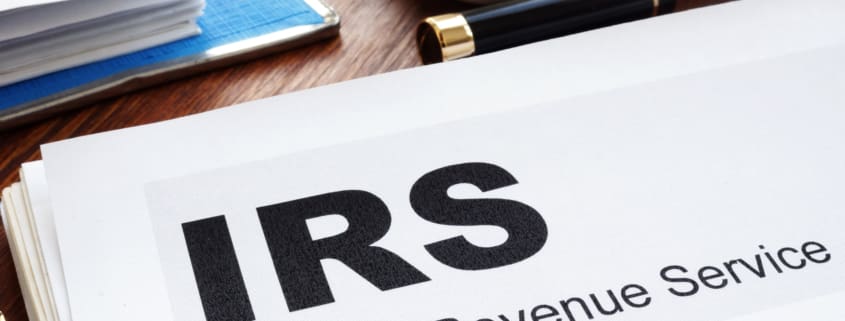Can IRS Summon Your Bank Records?
- When IRS can summon bank records, and
- Notices that a taxpayer is given regarding access to their bank records
Can IRS Summon Your Bank Records?
The short answer is yes. IRS can look over bank records if it believes you are withholding assets.What is an IRS Summons?
An IRS summons is a legal document that orders a person or entity to appear before IRS to provide testimony or to turn over specified documents or records. The summons will typically include:- The name of the person or entity being summoned
- The reason for the summons, and
- The date by which the person or entity must respond
Does IRS Summon Bank Records Often?
IRS does typically summon bank records. Therefore, taxpayers should be prepared to provide this information.Who Does IRS Issue a Summons to?
IRS can send the summons to third parties, and they don’t need a court order to do so. If IRS issues a summons, it can be to:- A bank
- A business associate
- A company you did business with
- And more



